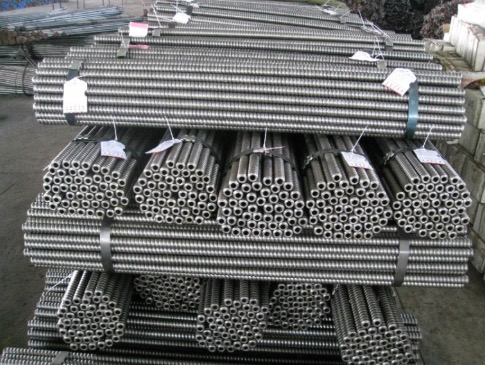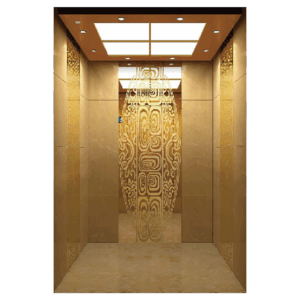RECENT POSTS
Share:
- July 22, 2025
Table of Contents
In multi-storey buildings, elevators are indispensable. However, their convenience also demands strict safety measures to protect passengers. A professional lifts company is responsible for implementing advanced safety systems, carrying out rigorous maintenance, and ensuring compliance with regulatory standards. Let’s explore how these companies deliver on their commitment to passenger safety.
The Role of a Lifts Company in Passenger Protection
Every lift installation brings a set of safety responsibilities that cannot be overlooked. A reliable lifts company understands the risks involved and prioritizes systems and processes to minimize them. From the initial design to ongoing support, they provide solutions that keep passengers secure during every ride.
This focus on safety is not only a legal requirement but also a critical factor in maintaining public confidence in building infrastructure.
Essential Safety Systems Offered by a Lifts Company
To ensure passenger safety, a leading lifts company integrates sophisticated technologies into its elevators. These systems work seamlessly to reduce accidents and enhance operational reliability:
-
Emergency Braking Mechanisms
Automatically stops the elevator during unexpected malfunctions to prevent free-fall incidents. -
Advanced Door Controls
Sensors detect obstructions to prevent door closure injuries. -
Overload Alerts
Notifies passengers when weight limits are exceeded, ensuring safe operation. -
Backup Power Supplies
Provides electricity during outages, allowing safe evacuation or continued operation.
These features form the foundation of any modern elevator system and are continually updated to meet evolving standards.
Maintenance Strategies That Prioritize Safety
Safety doesn’t end with installation. A professional lifts company develops proactive maintenance programs to keep systems operating safely:
-
Routine Safety Inspections
Regular assessments of all components help identify wear and tear early. -
Predictive Monitoring
Using IoT devices and real-time analytics to forecast potential failures before they occur. -
Quality Replacement Parts
Utilizing certified components ensures consistent performance and safety compliance.
These measures drastically reduce the likelihood of accidents and unplanned downtime, reinforcing passenger confidence.
Technician Training: A Core Strength of Every Lifts Company
A lifts company’s commitment to safety is reflected in the expertise of its technical team. Properly trained technicians are crucial for maintaining and repairing complex elevator systems. Key aspects include:
-
Continuous Education
Technicians receive training on new technologies and updated safety protocols. -
Emergency Response Preparedness
Teams are prepared to handle critical situations effectively. -
Certification Standards
Compliance with local and international certifications ensures technicians are qualified for all safety-critical tasks.
This level of expertise is essential to maintaining a high safety standard across all service areas.
How to Identify a Safety-First Lifts Company
For property owners and managers, choosing the right lifts company is vital. Here’s what to look for:
-
Proven Safety Record
A history of compliance and positive customer testimonials. -
Comprehensive Service Agreements
Detailed contracts outlining safety checks and response times. -
24/7 Emergency Support
Ensures help is always available when needed most.
By selecting a provider that demonstrates these qualities, building managers can safeguard their occupants and ensure long-term reliability.
Conclusion
Passenger safety remains the top priority for any reputable lifts company. Through robust technologies, meticulous maintenance, and highly trained personnel, these companies deliver secure elevator systems for today’s demanding environments. Partnering with a safety-focused provider not only ensures compliance but also protects the well-being of every passenger using the facility.
0



